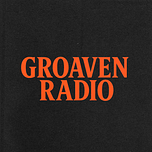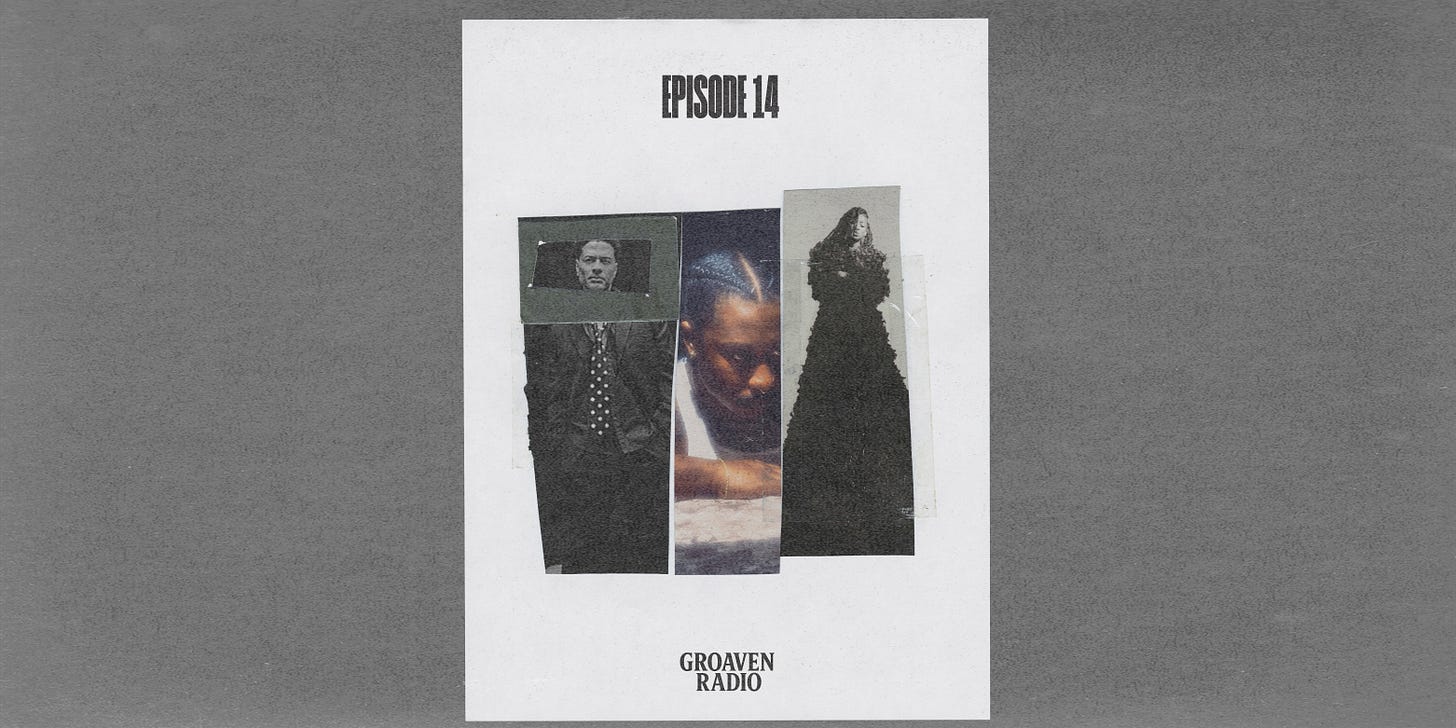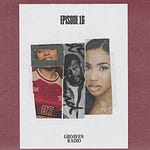GROAVEN Radio episode 14 centers on devotion and self-possession. Eric Benét and Alex Isley set the tone with vows that read as promises made in real time, two voices passing assurances back and forth in “Remember Love,” the hook built for permanence rather than display. Ro James follows with direct address and consent-forward desire on “On Me,” a candlelit plea that keeps control and care in the same sentence. Omär’s “Lovey Dovey,” with Eric Roberson and Raheem DeVaughn, turns affection into everyday language, trading small compliments and playful nudges that sound lived-in rather than coy. Alemeda’s “Chameleon,” joined by Rachel Chinouriri, studies identity under pressure, the verses weighing softness against survival while the duet structure doubles the inner argument. Felix Ames calls the shot for joy on “Magic !,” writing gratitude without syrup and letting a simple idea carry the lift. Little Simz sharpens the boundaries on “Only,” issuing clean, declarative lines about solitude and worth while Lydia Kitto’s refrain answers with steadiness. Tash’s “Accolade” flips the chase for trophies into a private audit, the cadence built around refusal and self-measure. Together these records keep the first half of the show close to the chest. Love as promise. Intimacy without apology. Pride that does not need a podium.
From there the set widens its radius to community, code, and resolve. McKinley Dixon’s “All the Loved Ones (What Would We Do)” poses a real question and refuses to leave it rhetorical, with ICECOLDBISHOP pressing urgency and Pink Siifu bending the air around the refrain until grief and duty sit in the same breath. Evidence moves in the opposite direction of spectacle on “Nothing to See Here,” stacking plainspoken snapshots that say more by saying less, a shrugging title that hides sharp inventory. D Smoke’s “No Passes,” with Mike & Keys, lays out standards the way elders do on the porch, clipped imperatives, quick pivots from warning to affirmation, a hook that stamps the rulebook. T.F links craft to code on “What It Is (TGB),” and SiR slides in with a steadying refrain that keeps steel from turning brittle. Kirk Franklin’s “Do It Again” pulls individual stories into a room-wide answer, call-and-response writing built for uplift through repetition rather than polish. The episode’s arc lands on accountability and gratitude without sermonizing, showing how private vows, public ethics, and collective faith can sit side by side. Every selection earns its slot by what is on the page.










